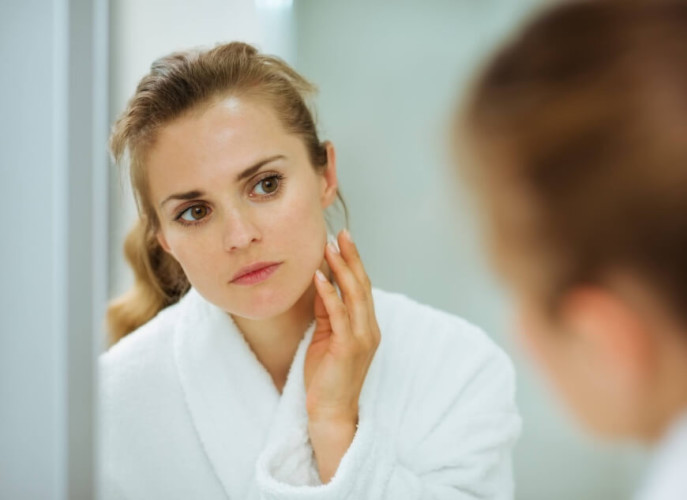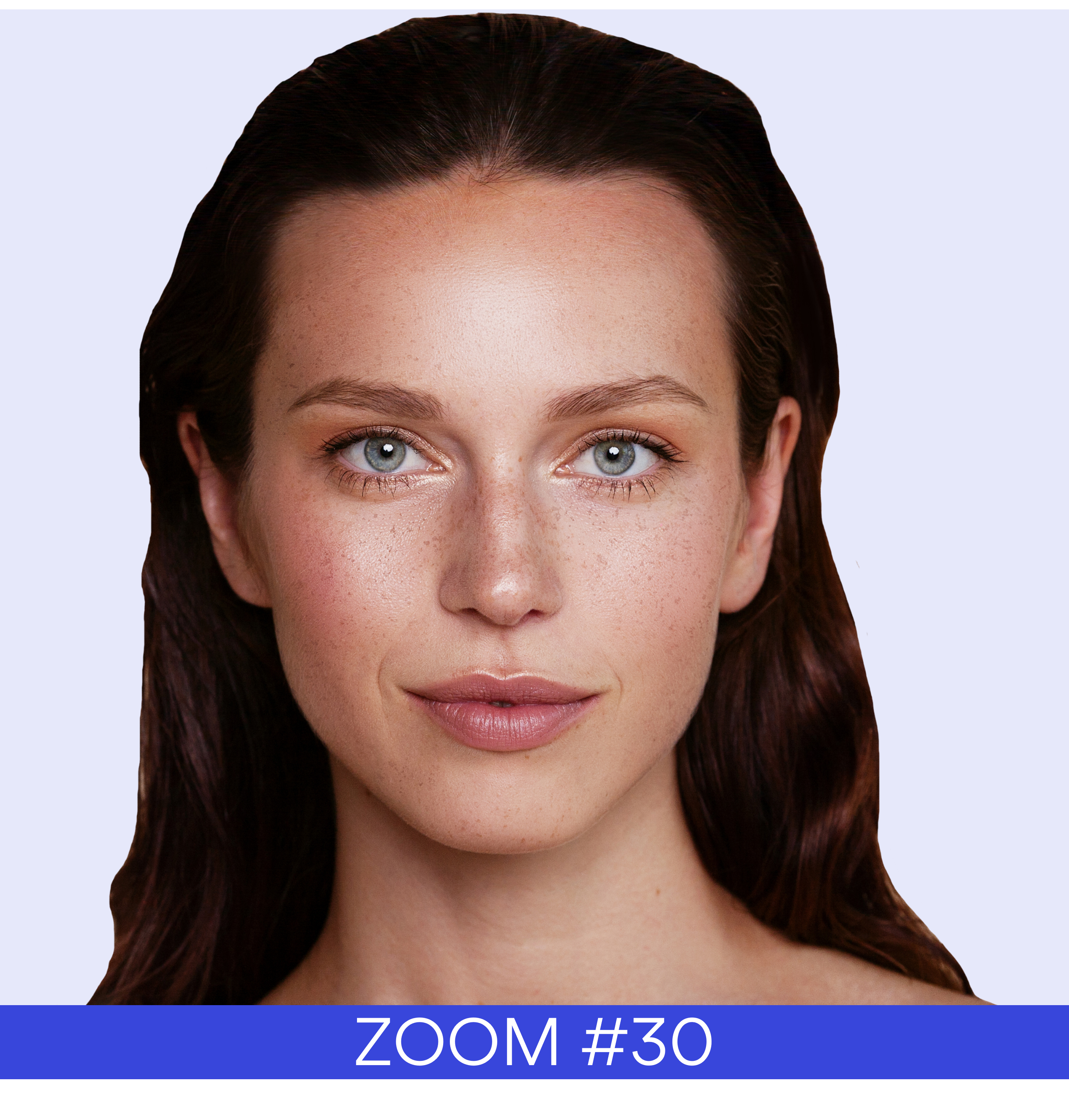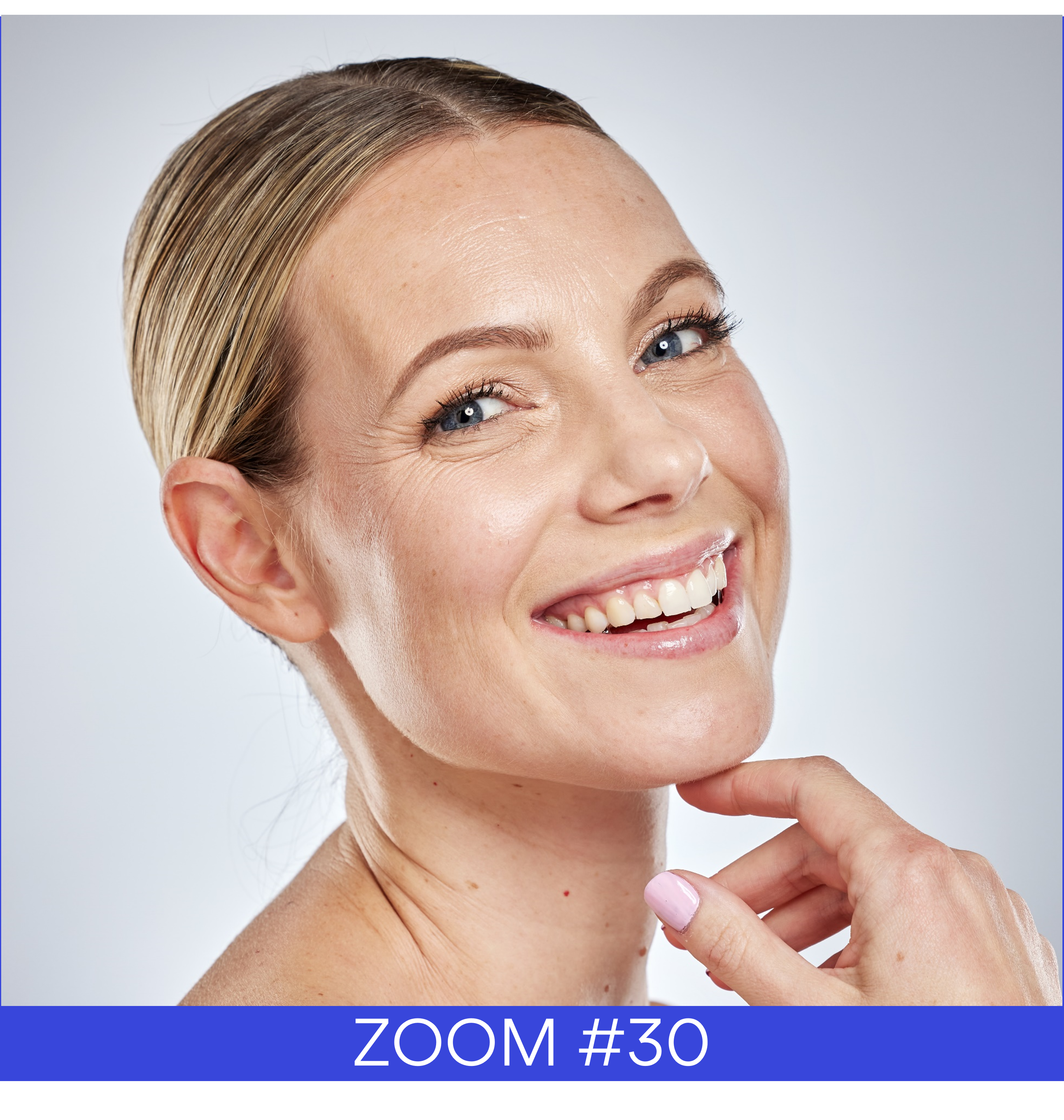Instead of futuristic hospital buildings and huge devices, disruptive technologies injected into small, almost invisible objects will set the trends in medicine. Such devices will create smart households bringing healthcare home.
Anna could not figure out what is wrong with her: in spite of being generally healthy, she has been sweating during sleep for days, she had lost some weight although she gave up her diet a while ago and she has been feeling mortifyingly tired for a while. It was not only her who noticed these symptoms but also her smart home: the sleep tracker mattress, the microchip in the toilet which detected some elevated lab markers in her urine, the smart scale measuring the weight loss and the digital mirror which noticed the darkening circles under her eyes. Then suddenly she received an invitation by email to see the doctor – based on the information Anna’s smart home sent to him. Although she thought it might just be the result of her stressful work, according to the data collected by the sensors, these series of symptoms might point to cancer which she and her doctor might catch in its earliest stage.
This story is not from a science fiction movie, but how the future of healthcare will look like. In spite of common belief this future does not lie in shiny, post-modern hospital buildings with huge, terrifyingly omniscient devices but rather in small devices with disruptive technologies which bring care home.
There are already signs which point into this direction: IBM Watson analyzes large amounts of unstructured data, sensors bring health information to smartphones, digital stethoscopes and video consultation let patients get help from a distance and drones deliver medical equipment to underdeveloped regions.
However, patients with a chronic condition, who meet medical professionals once in a while, but are left alone in the majority of their time, have not experienced the benefits of such medical development yet. The same applies to people who feel healthy and only visit the GP once a year or only go to specialists when they feel actual symptoms and realize health problems.
In the future, this will change completely due to increasingly powerful and affordable sensors and due to such devices and services which cut out the “middlemen” of GPs or clinicians (such as 23andme or Heal) from the healing process.









 Follow us on Linkedin!
Follow us on Linkedin!